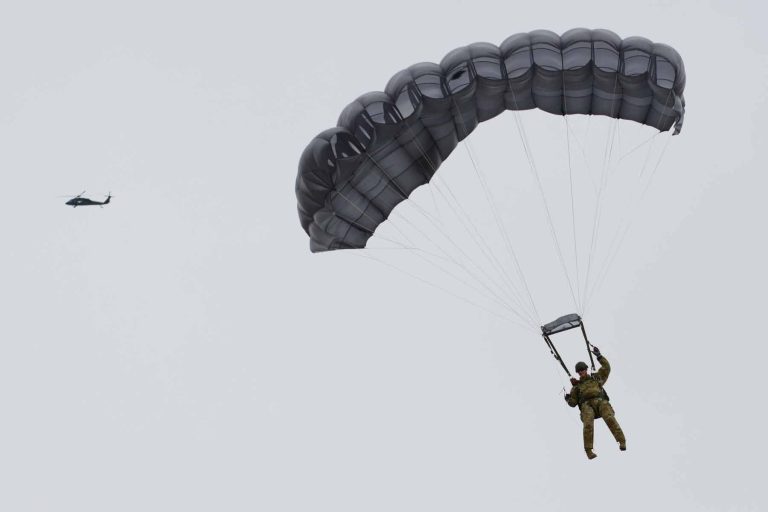Plane seat that sole survivor of Air India crash sat on appears to be very hard to book now
After British passenger Vishwash Kumar Ramesh survived the deadly Air India crash while seated in 11A, travelers have rushed to book the same seat, believing it brings luck. The Boeing 787-8 crash in Ahmedabad killed 241 people, making Ramesh the only survivor. His escape—described as chaotic and terrifying—mirrors a 1998 incident where another survivor, Thai singer Ruangsak Loychusakhad, also sat in 11A. Social media erupted with jokes and concerns, with users predicting airlines would hike prices for the now “lucky” seat. Tests by *Tyla* showed 11A was already booked on many flights, though experts caution that seat safety depends on crash type, with rear-middle seats statistically safer.
Despite the superstition, aviation experts argue that survival depends on crash dynamics, not just seat location. The FAA and past crash data suggest rear-middle seats have lower fatality rates. However, the viral story has fueled demand, with some flights already showing 11A fully booked months in advance. While some bookings may be coincidental, the trend highlights how tragedy can shape passenger behavior—even if logic suggests otherwise. Airlines may soon face a new challenge: managing the sudden popularity of a seat once seen as ordinary.





